The anti-coup movement in Myanmar does not only project Myanmar’s civilian movement against the junta, it also reflects fearless female resilience against the largely male-dominated Myanmar army.
For centuries women have fought oppression in all departments and have also proven themselves in almost all sectors. It is now time for women in Myanmar to prove that they can win this battle against subjugation, all and forever! Women in Myanmar chose to challenge and rebuke authoritarianism.
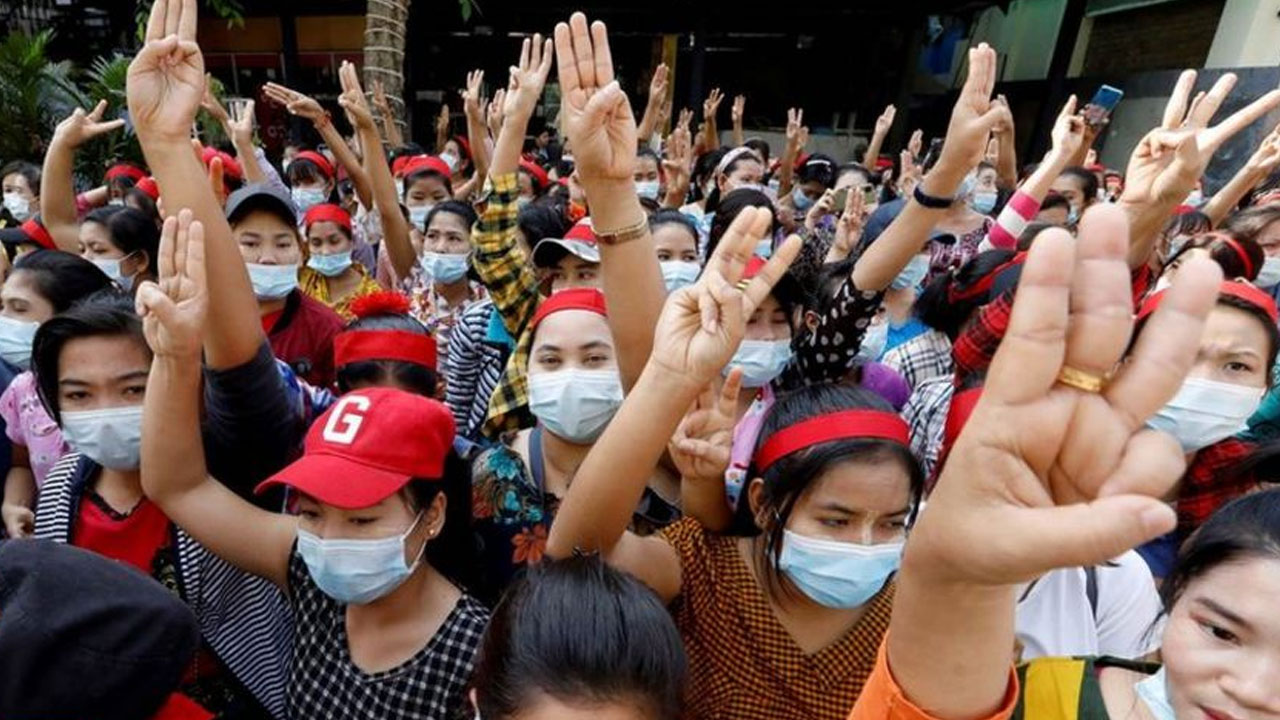
Female protestors have been on the fronline since day 1 of the anti-coup movement. Image Source: Reuters (Yangon)
By the hundreds of thousands, the women have gathered for daily marches, representing striking unions of teachers, garment workers and medical workers — all sectors dominated by women. The youngest are often on the front lines, where the security forces appear to have singled them out, writes the New York Times.
What is important to note is that the all these lethal tactics of the Myanmar army could not deter the spirits of all women demonstrating at the anti-coup movement. They are striving at this very moment against oppression and are on their way to emancipation.
A symbolical fight against patriarchy
Women are at the forefront of the anti-coup movement in Myanmar. They have taken over all public spaces and have put to use a plethora of tactics to grasp international attention.
On March 6, 2021 women in various parts of Yangon Township hung their wrap-round clothes on washing lines high above the main streets. The Burmese ancient superstition goes back to saying that if a man crosses under a woman’s clothing, he must face a lifetime of bad luck.
Though this superstition belittles women to men, GenZ have certainly made proper use of it. By hanging up their washed longyis, women have hindered the army’s movement in the city. No matter how ridiculous it might sound to a foreign reader, it is a practice quite popular in Buddhist cultures.
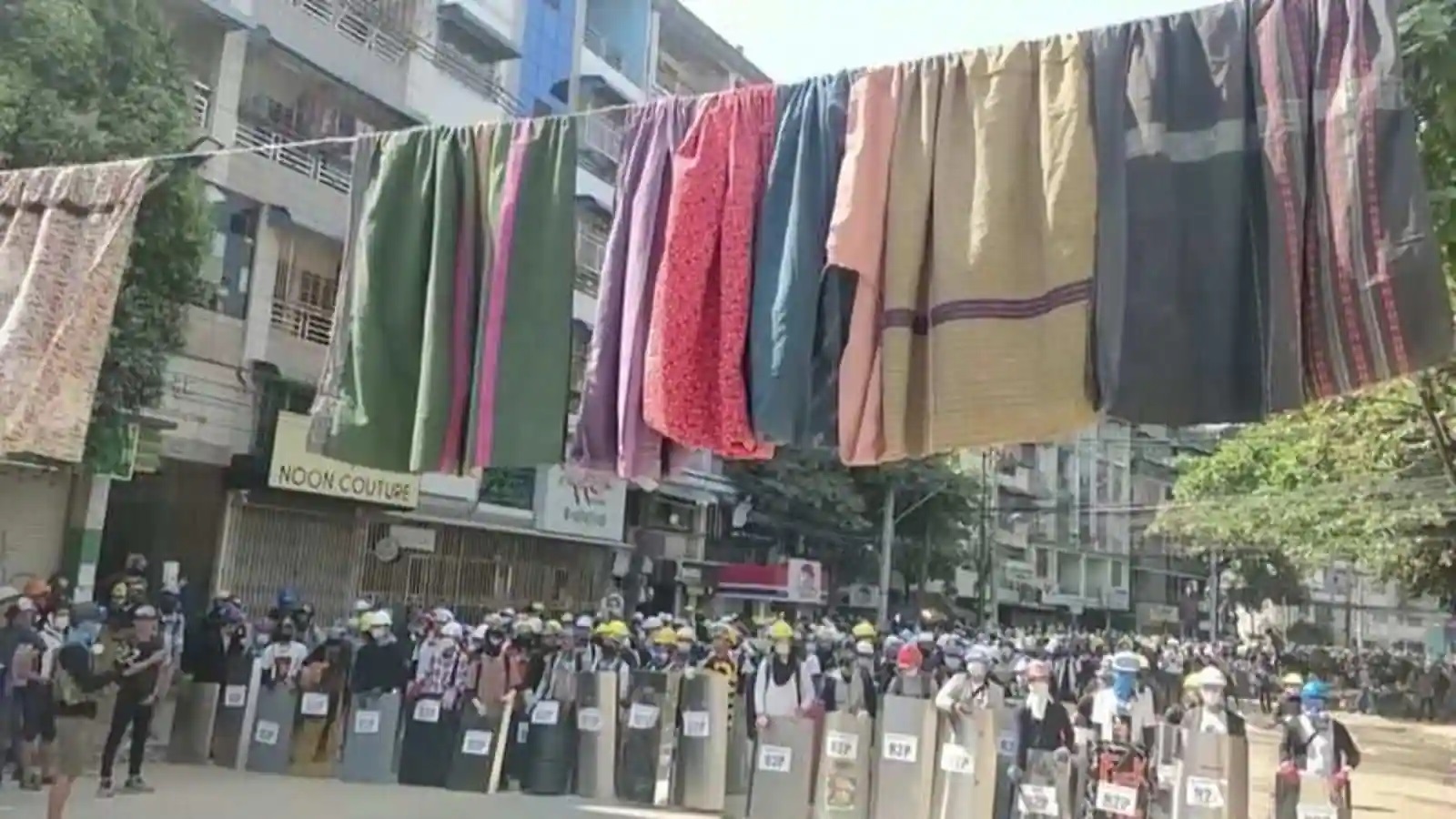
The longyi worn by females are hung up on streets as a symbol
The Myanmar armed forces are largely dominated by male-forces, so when female protestors are now the frontiers, the movement has become a symbol of resistance against patriarchy.
Young women marching on the streets and taking part in the rallies believe they are standing brave against the male-forces which dominate their nation. They have proven that their contribution is no less than their male counterparts.
Patriarchy is deep rooted in our culture. It is the same for many South Asian countries. Myanmar as a South Asian country is no different, it is governed by male forces in all dominions.
The rallies and demonstrations of several thousand women into the streets of Myanmar is a rare sight in the history of the country.
In an array of ways, gender norms are being used subversively by the protestors to push back against the coup. In all ways, the female protestors have made their mark in this rebellion and are hyper-visible.
“Women’s ability to put femininity on the front lines powerfully rebukes the military’s effort to exert political and social control. It does so by embracing many of the gender associations we have of women — including their supposed peaceful and nonthreatening nature — while rejecting the assumption that a woman’s place is in the home, not on the streets”, writes the Washington Post.
Absence of women in politics
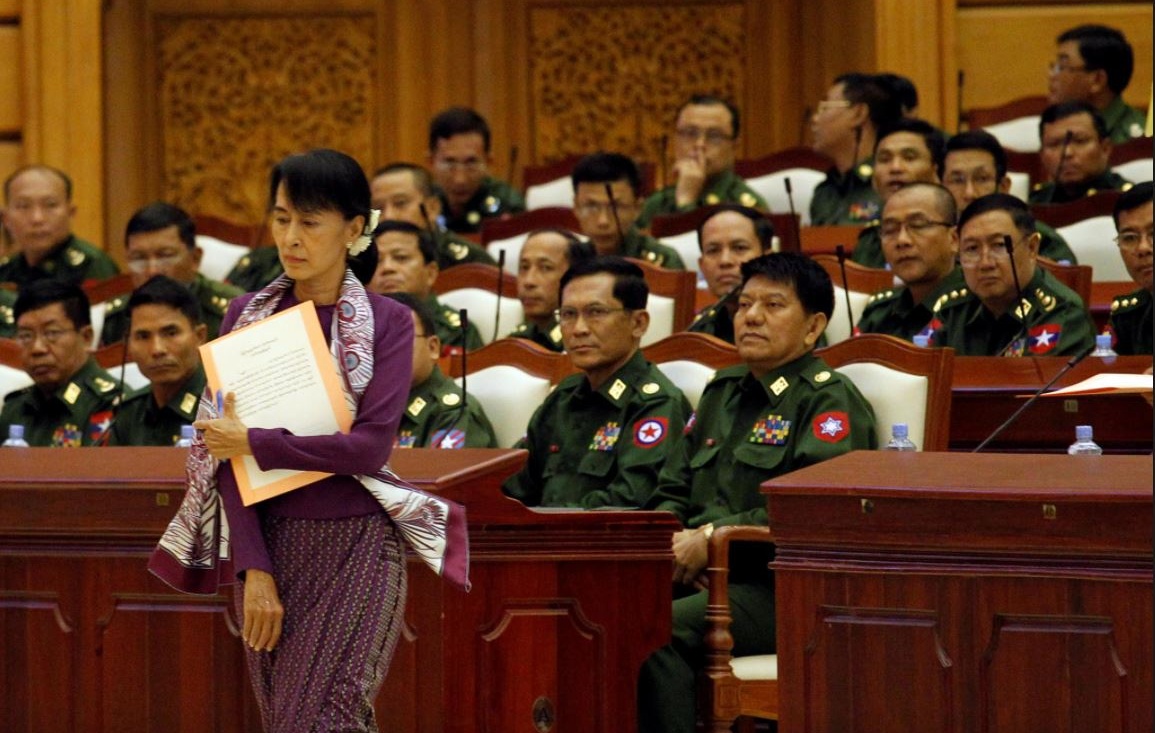
In Photo: Aung San Suu Kyii walks past a parliament session. Source: Internet
Women’s absence in the political scene of Myanmar has further made fostered the military regime in Myanmar.
The Constitution of Myanmar enshrines a provision where certain higher-level positions are reserved for men only. This lackadaisical approach towards women’s political rights have nurtured a culture where women are only allowed to take up low-skilled jobs or spend a lifetime in domestic chores with no choice to pursue other careers at all.
The military has designed institutions in a way that prevents women to reach up to positions in power. There were only two women among the 166 military appointees following the 2015 elections, writes the Conversation in an article titled: The exclusion of women in Myanmar politics helped fuel the military coup. This attitude was visible when they (Myanmar junta) could not withstand Suu Kyi’s win in the November elections.
Patriarchal power has persisted for decades in Myanmar. Women are excluded from key ministerial positions, and a major government agency, the Union Civil Service Board, regularly uses this clause of the constitution to block applications from women for both mid- and junior-level positions. This caps decades of extreme repression of women, writes the Conversation.
Militarization of the country has contributed to ubiquitous discriminatory practices on ethnic minority women and girls for sexual violence. Recently, Myanmar NOW has shed light on a case of sexual violence where the army kept mum about the rape of a woman. When it chose to address the matter, they revealed the victim’s name and decided to protect the identity of the rapist who was a soldier in the Myanmar army.
Many similar incidents have taken place in Myanmar since military took ownership of the country. Rape cases have gone past, unheard and unfought for. In the report by Myanmar NOW, concerns about revealing the victim’s identity was raised. “The names of survivors should never be mentioned like this, even though our country does not have a law against it,” said Myint Zu to NY Times, a women’s rights activist based in Yangon.
Nyo Aye, chair of the Rakhine Women’s Network, which has been helping the woman, said she suspected the military published the name in effort to make itself appear transparent.
The patriarchy of the military is reflected in the non-military political parties, especially in their move of notwithstanding Suu Kyi’s leadership. The parties are gatekeepers to women’s representation.
Over the years, lack of women in leadership and political roles in Myanmar has given birth to the culture which looks at women as objects and as inferiors in society. Women need to stand stronger than ever to shatter the ceilings and emerge as sheroes!
Suu Kyi as an icon of ‘Female Leadership’
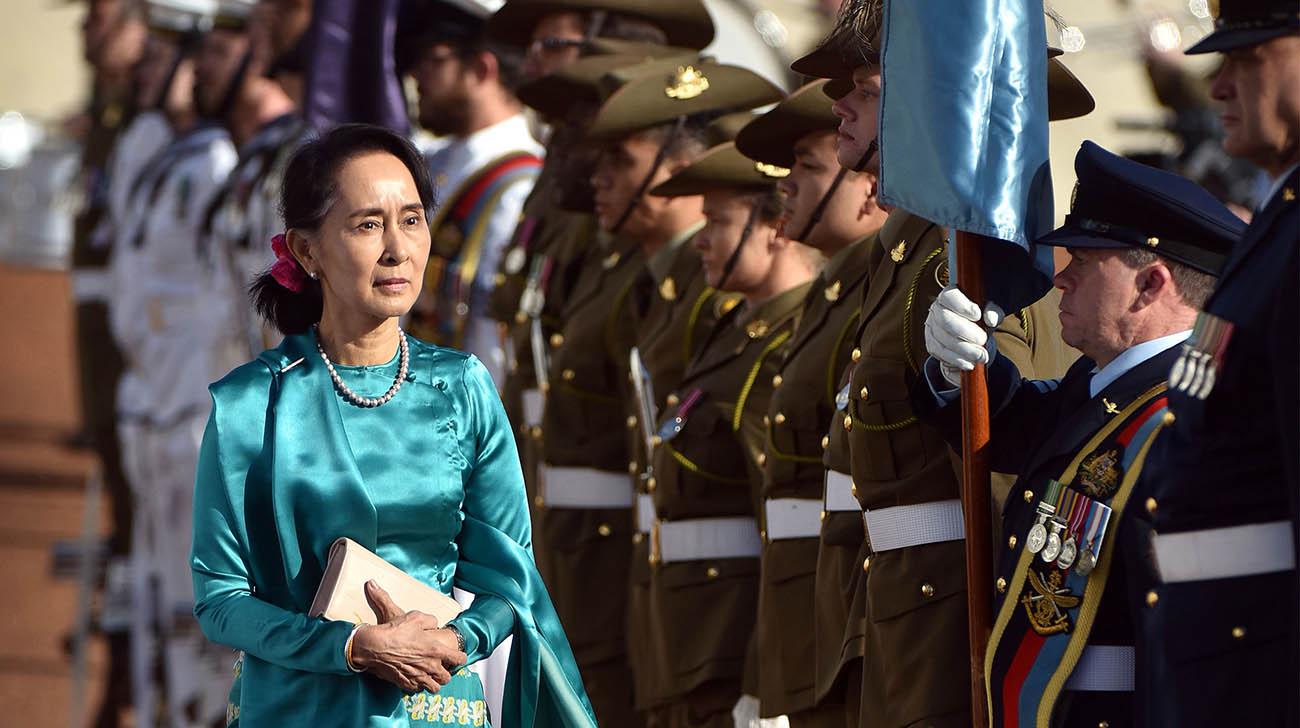
The motherly, matriarchal figure of Aung San Suu Kyi reflects a striking contrast with the all-male authority of the Myanmar army. Moreover, the ideologies of an authoritarian rule and a democracy are poles apart. While one takes no opinion in consideration by the masses, the other is by the people for the people.
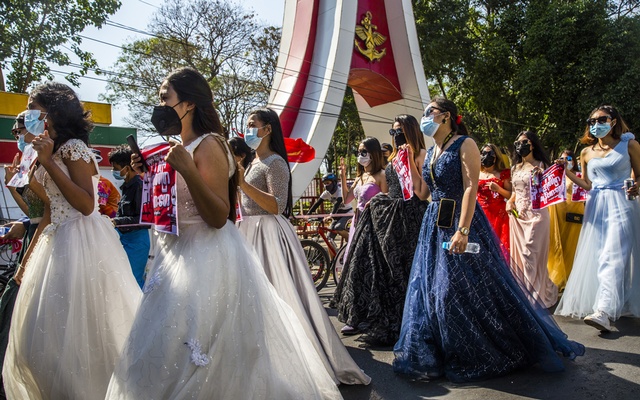
Myanmar women march the streets in party gowns. Image Source: Reuters
International political critics have remarked that Suu Kyi’s feminine political aura threatens the army, they become uncomfortable with her feminine nature. In the light of this thought, women in Myanmar took to the streets in gorgeous ball gowns and high heels.
The fallen ‘Angel’
Teenager Kyal Sin was shot in the head on a day what the United Nations calls ‘the bloodiest day’ since the coup began. The lively 18-year-old sported a black Tee on the deadly day - which quotes ‘Everything will be OK.’ Kyal Sin’s optimistic thoughts were crashed when the military shot her in the head. The day Kyal Sin was shot, the security forces killed 30 others.
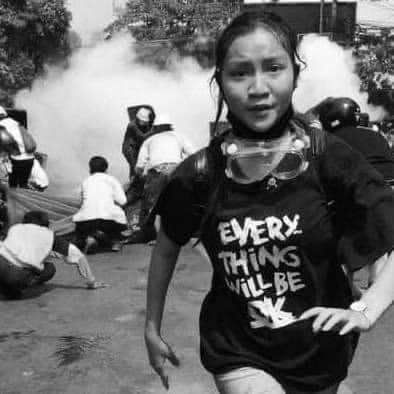
Kyal Sin photographed moments before she was shot by junta
One of her closest friends, and an ally of the anti-coup movement Ma Cho Nwe Oo exclaims: “She is a hero for our country,”
She now is a symbol of resilience, courage and inspiration among her friends and all other young girls living in the most dangerous corners of the world.
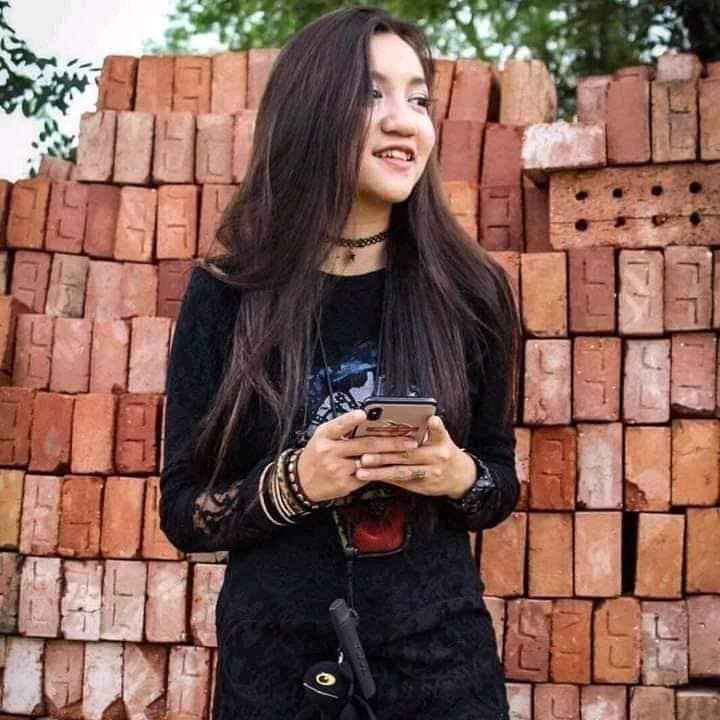
Kyal Sin, the 18 year who was shot by military on the head. Source: Internet
With women taking the driver’s seat, and steering the wheel to the way of freedom, it seems that the sun has finally risen in Myanmar, although a bit late, but women in Myanmar are getting there, with every rally, every clarion call, every march!










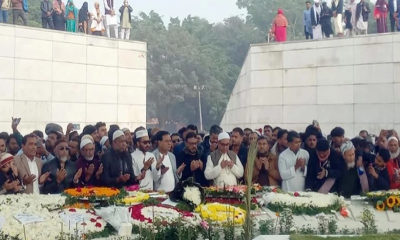
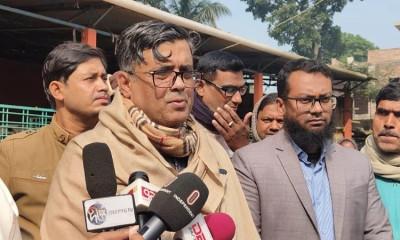
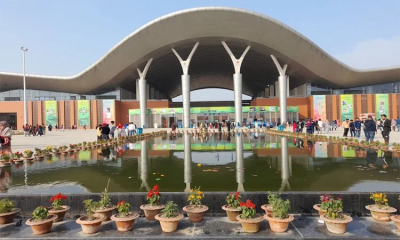
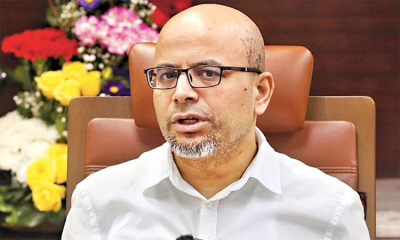

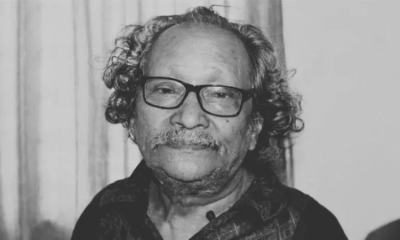
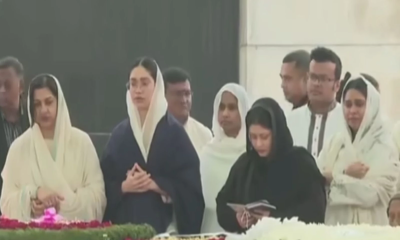
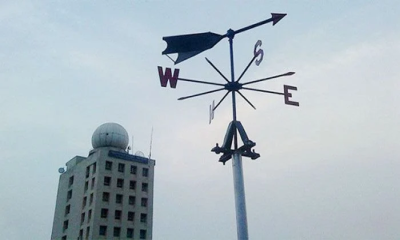
-(2)-20260102070806.jpeg)


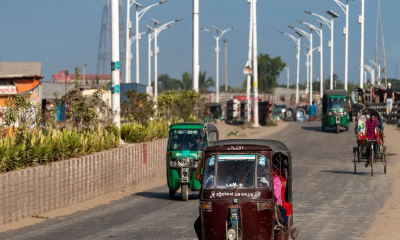

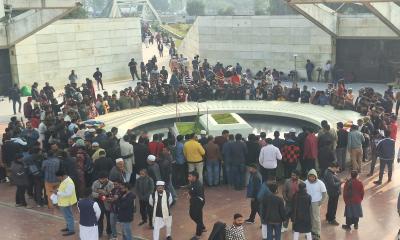
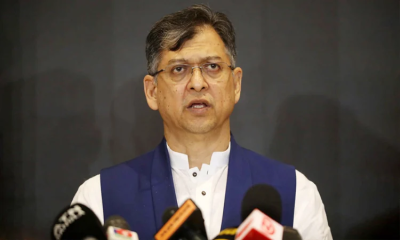
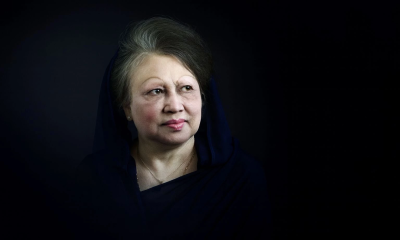
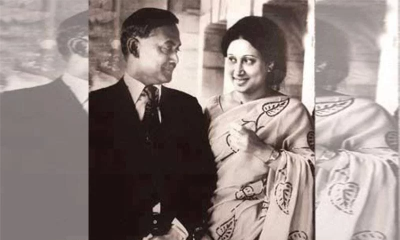
-20251227141313.jpeg)
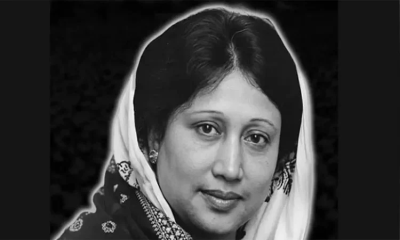

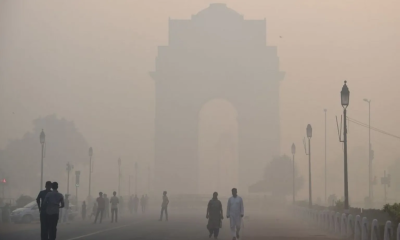

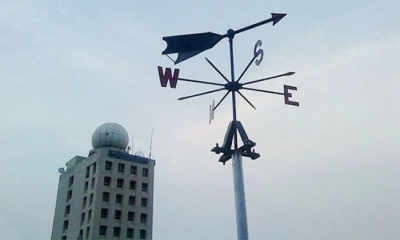

-20251229113834.jpg)


-20251228081840.jpeg)

-20251228081915.jpg)